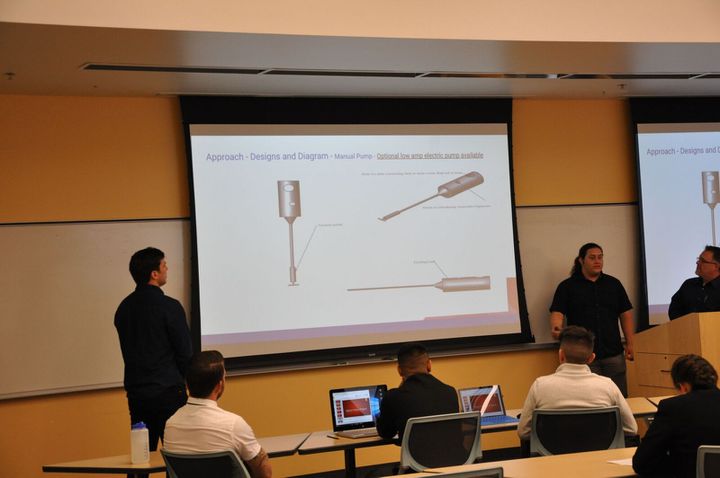
Back in November of 2016, a humble little NASA crowdsourcing project about equipping spacesuits with better built-in bathroom technology went viral. The media pickups began rolling in, thousands of people started sharing posts about it on social media, and eventually, Trevor Noah at the Daily Show gang got ahold of it and made a very lengthy skit parodying the contest. And no, we did not actually use judges from either Project Runway or Shark Tank, for the record.
And then, a few months back, we learned that a professor at the University of Colorado Denver was re-creating the Space Poop Challenge as part of her curriculum. Just goes to show that when you make a big splash, the ripples are wide.
These lucky students were enrolled in a pretty standard Engineering General Chemistry class, but professor Chelsea M. Magin, PhD decided to put a spin on things.
Professor Magin also works at a local medical device startup, so this particular crowdsourcing competition happened to strike a chord with her. The company's first product was actually a urinary catheter, so the concept of space waste was fell within Magin's first-hand experience.
"Most of the engineering majors at the University of Colorado, Denver -- mechanical, electrical, civil, etc. -- take my class as an introduction to chemistry concepts that will be important for their work later." she told us.
The choice to use an open innovation competition as a classroom example emphasizes the importance of creativity and independent projects. It's also a pretty straightforward "real-life" experience. After all, any one of these students could've qualified to compete in the real Space Poop Challenge.
The class of 70 students were randomly assigned to teams at the beginning of the semester, a process designed to mimic the experience of being hired on at a new job and be placed on an interdisciplinary team right off the bat. This is, after all, a common experience for engineers in the private sector.
Their first assignment as teams was then to solve the Space Poop Challenge in the same format as it was presented on the HeroX platform, including all guidelines provided by NASA. Professor Maglin was kind enough to share some photos from the class's final presentation on the project, so take a look at some of the awesome concepts designed by these budding innovators!
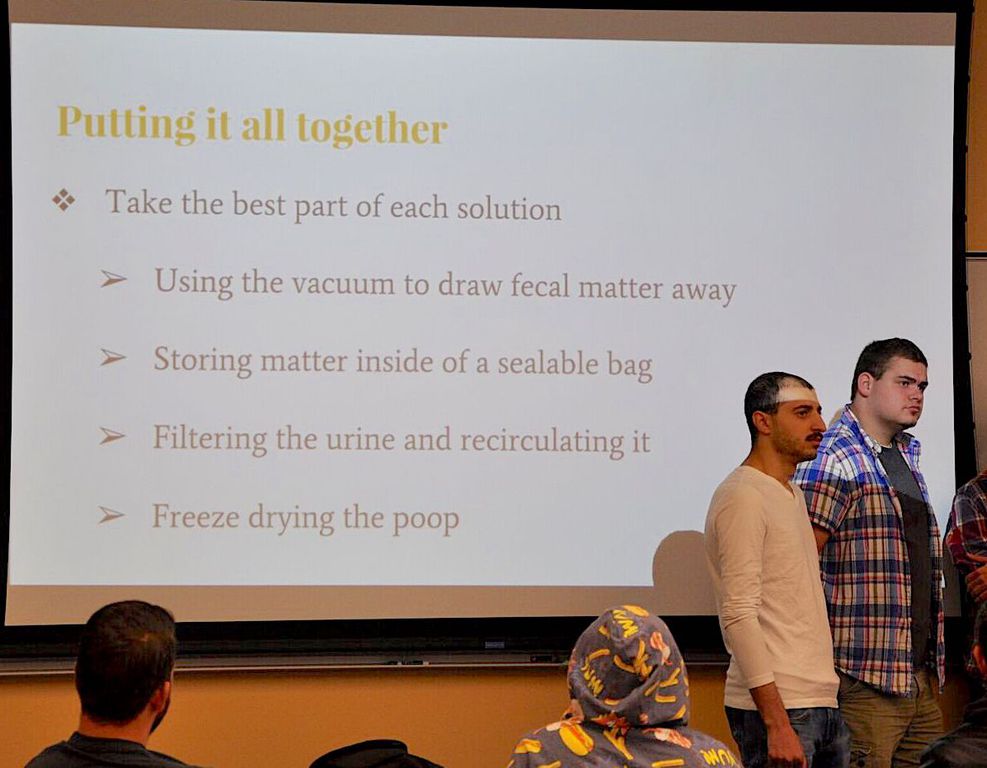
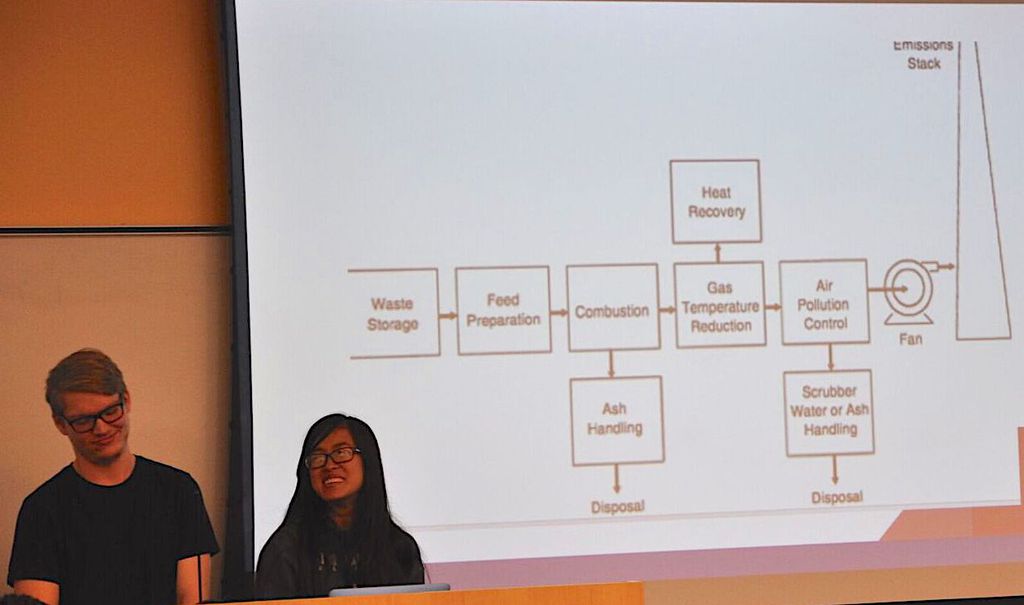
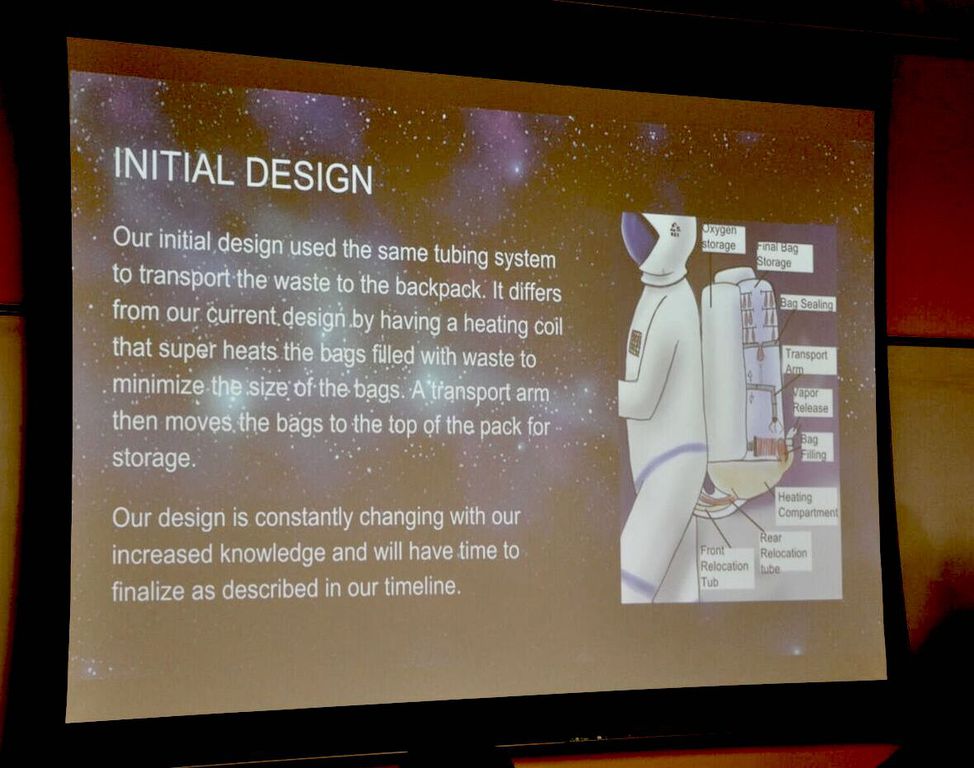
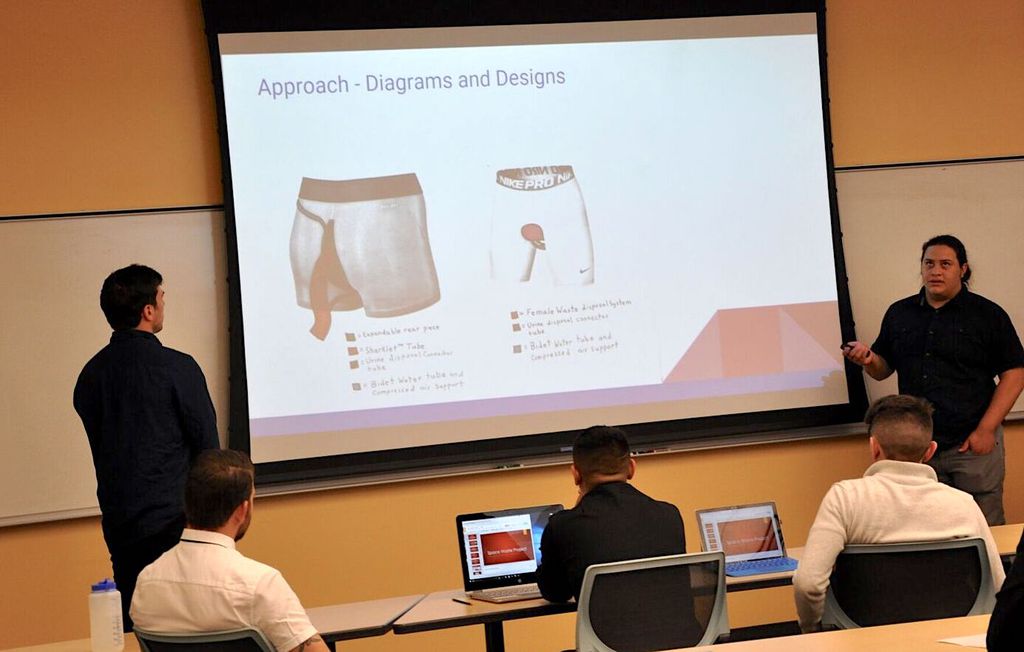
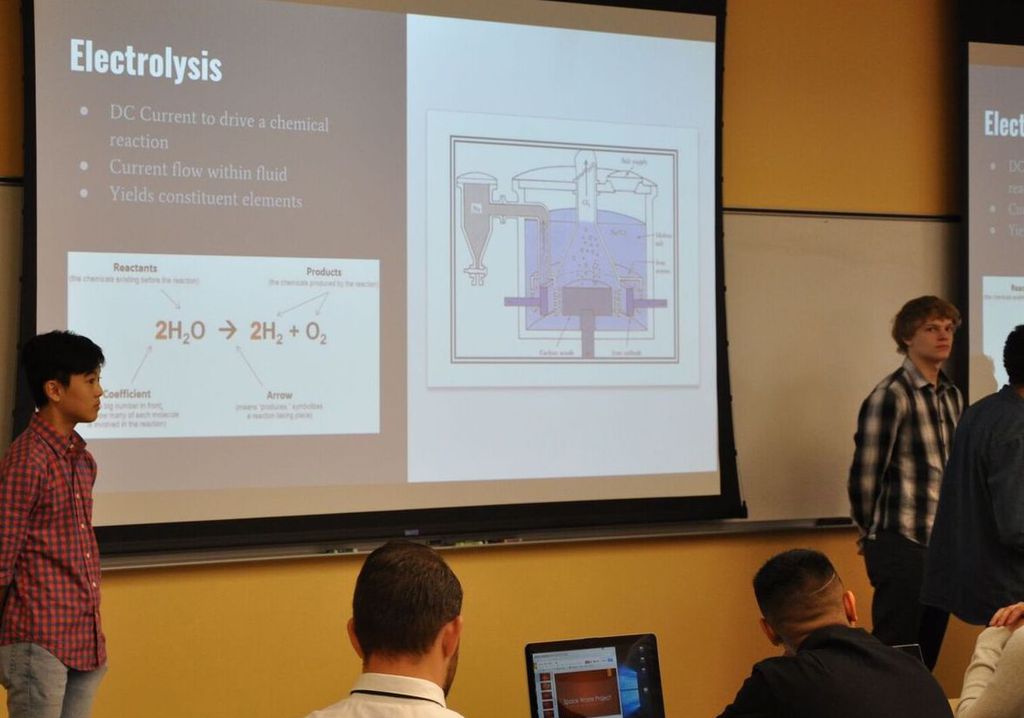
Space Poop Keeps on Truckin'
Fantastic work, major kudos are due to Professor Maglin's Engineering General Chemistry Class for taking on such a cool project. Of course, we're a little biased, but you have to admit that it's pretty amazing to see the life of an idea, and the drive to solve a known problem travel so far and wide. The actual competitors for the Space Poop crowdsourcing competition came from every country on Earth, so we knew the reach was wide. What this CU Denver class showed us was the longevity and applicability of the idea -- here we are, a couple months after the winners were announced, and Space Poop is still in the news! There's more where that came from, however. Check out the NASA Tournament Lab's crowdsourcing page to see the latest competitions that will affect the future of spaceflight!
